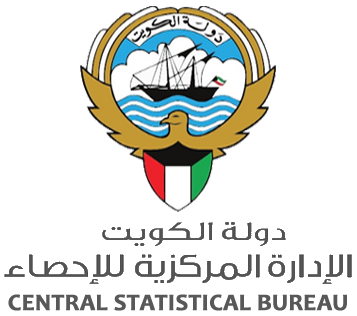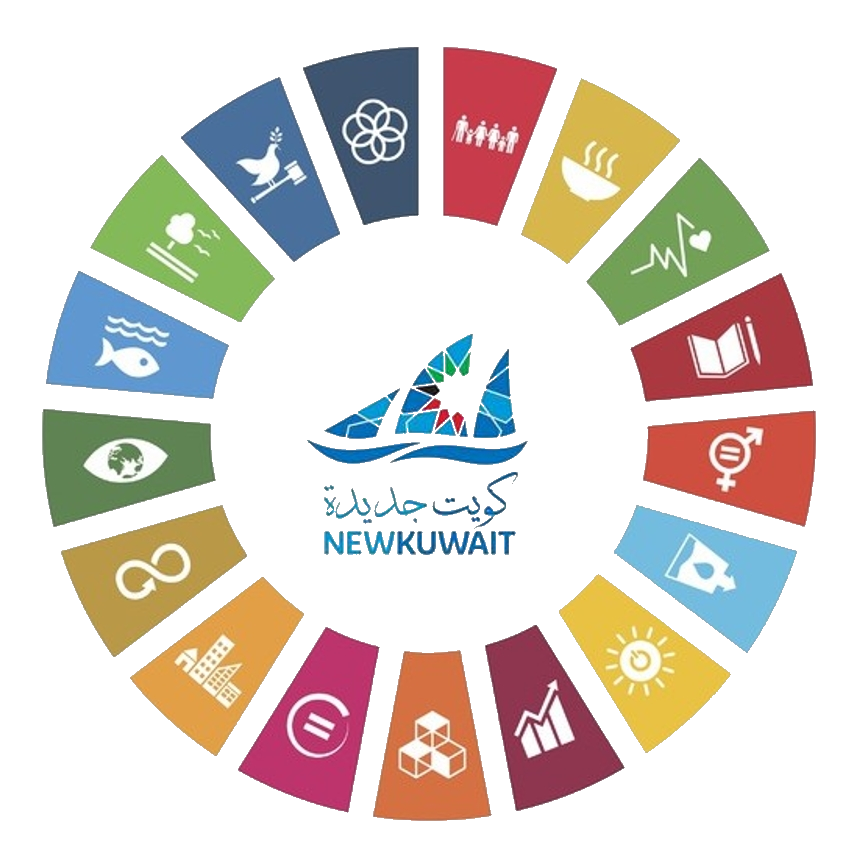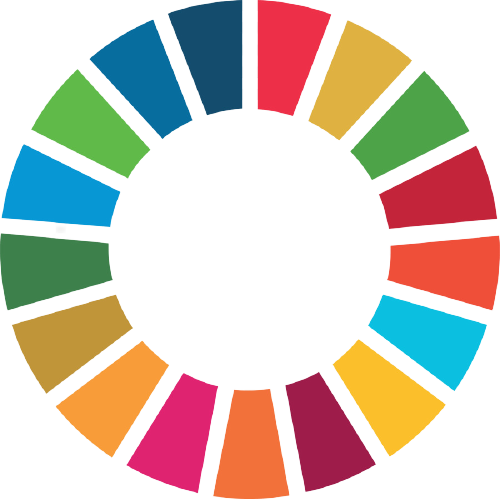 Goal 2:End hunger, achieve food security and improved nutrition and promote sustainable agriculture
Goal 2:End hunger, achieve food security and improved nutrition and promote sustainable agriculture
Number of Target
Indicators Total
Number of Applicable Indicators in Kuwait
By 2030, end hunger and end all forms of malnutrition. This will be achieved by doubling agricultural productivity and incomes of small-scale food producers, ensuring sustainable food production systems and progressively improving land and soil quality. Other goals deal with preserving seed genetic diversity, preventing trade restriction and distortions in global agricultural markets, reducing extreme food price volatility and eliminating waste with help from the International Food Waste Alliance.


 Goal Targets
Goal Targets